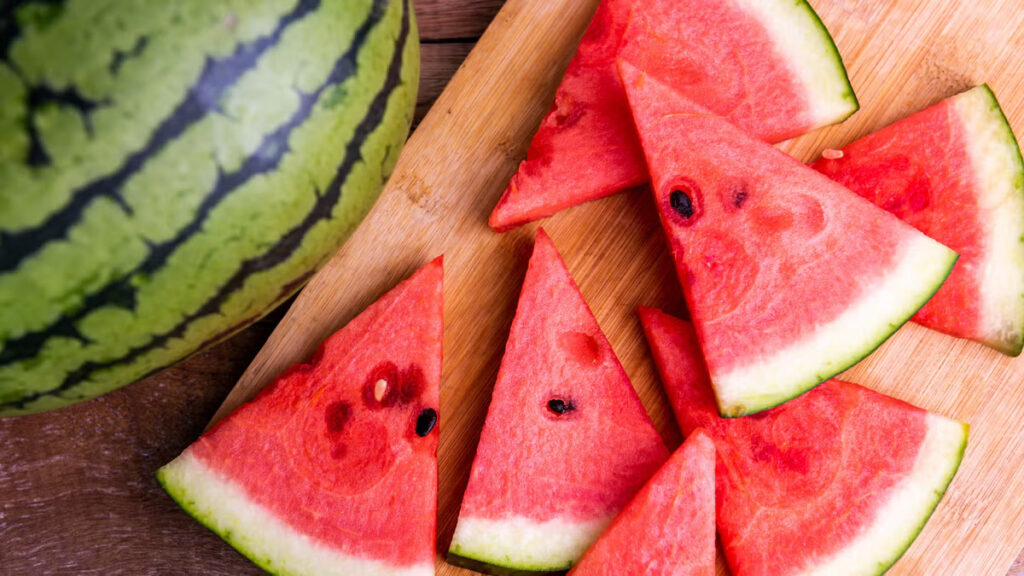Watermelon is one of those fruits that feels like a treat — juicy, sweet, and refreshing, especially on a hot day. It’s packed with water, vitamins, and natural sugars, and most people enjoy it without a second thought. But while watermelon is generally healthy, there are a few health conditions where eating it in large amounts could do more harm than good. This isn’t to scare anyone — it’s simply to help you listen to your body better and make informed choices, especially if you’re living with certain medical concerns.
1. Diabetes or Unstable Blood Sugar Levels
Watermelon has a high glycemic index, meaning it can raise your blood sugar quickly. Although it’s natural sugar (fructose), it still impacts glucose levels, especially when eaten in large portions. If you have diabetes or are prediabetic, eating too much watermelon can cause spikes that may leave you feeling dizzy, tired, or irritable. A small slice now and then is okay, but portion control is key — and it’s always wise to check your sugar levels afterward.
2. Kidney Problems
Watermelon is rich in potassium, which is great for most people — but not if you have kidney disease or reduced kidney function. Damaged kidneys struggle to filter excess potassium from the blood. Over time, this can lead to hyperkalemia, a condition that causes irregular heartbeats and even heart failure in serious cases. If your doctor has asked you to limit potassium intake, it’s best to avoid or reduce your watermelon consumption.
3. Gastrointestinal Issues (Like IBS)
While watermelon is hydrating, it also contains compounds called FODMAPs — specifically fructose, which can trigger bloating, gas, and discomfort in people with irritable bowel syndrome (IBS) or sensitive digestion. If you notice your stomach feeling upset after eating watermelon, your body might be trying to tell you something.
Watermelon isn’t bad — but like everything in life, balance is key. If you have any of the conditions above, it doesn’t mean you have to cut it out forever. It just means being a little more mindful. Your health is personal, and listening to your body with love and care is one of the most powerful things you can do.
